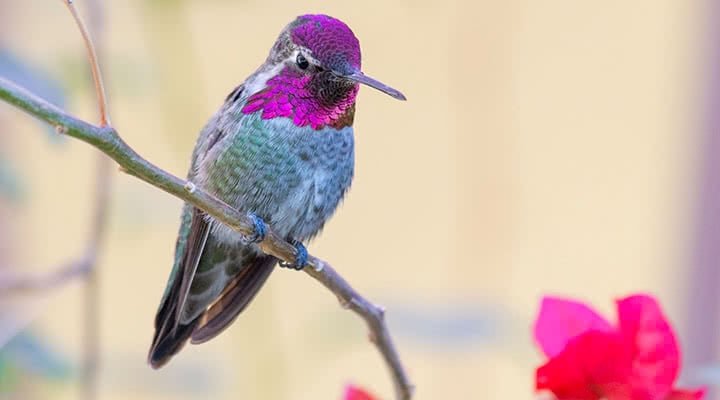In previous editions of the newsletter, I’ve included music and assorted images to break up the monotony of endless text.
This time, I’m similarly augmenting the text, but a little differently. Since it’s finally spring here in Chicago, I’m introducing a springtime series of hummingbird images since, for me, they are harbingers of the season to come. I hope you will enjoy them as you scan the newsletter. I certainly do.

When Mel called the meeting of editors to order he reiterated that this meeting will be a zoom continuation of the February 29 NYC meeting. He noted that this meeting would include those issues for which there was neither sufficient time for presentation in NYC nor were their editors able to attend. Also, those issues already reported in the previous newsletter will not appear here.
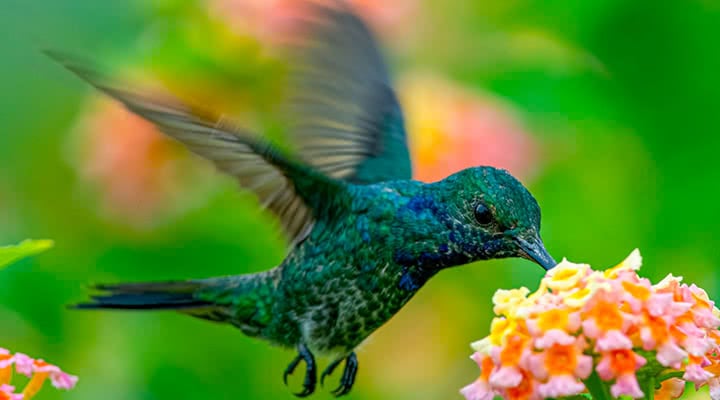
Mel, in his opening comments, spoke of the journal as a connector n many contexts the most immediate context has been its ability to enable our connection during the viral scourge. Mel noted that the journal seems to have a special energy now even more so then existed before the epidemic. In support of Mel’s assertion, Dan Goldin told us that downloads, the metrics used by our publisher to determine publication health, was up by 125% at a time when most journals were struggling.

In addition to continued health, we also have a verve that seems to be giving birth to new journalistic forms. For example, Dan Goldin and Dan Posner have created a series of podcasts that consist of interviews with numerous contributors in our field. The 45-minute podcast has been well received. There have been other new forms of journalistic communication. For example, a social element will be added to our publications that will allow continued discussion of recent issues after they’ve been printed. The idea of a journal as something concrete and confined to the printed page is changing to the dynamic of an after-publication conversation.

Within this context of new forms, Dan Goldin is restarting the PI book series that will be described at the end of this newsletter. The series will enable deeper penetration of ideas than a single or even double issue might allow.
With all these evolving new ideas and, even more important, with minds that can conceive of pushing old forms to fit the possibilities Mel encouraged us to look forward to whatever initiatives might be possible.
Sandy Hershberg is nearing completion of her issue titled, Home. She has studied its many possible meanings, as well as the evolving idea of what “home” might be. Sandy asks the question, “what is and what isn’t ‘home’?” For her, a fluidity exists between home and ideas about climate change.
Hawlan Ng is working on an issue featuring psychoanalytic voices from China. It will consist of original papers by psychoanalysts practicing in China and the particular challenges they confront in that culture.
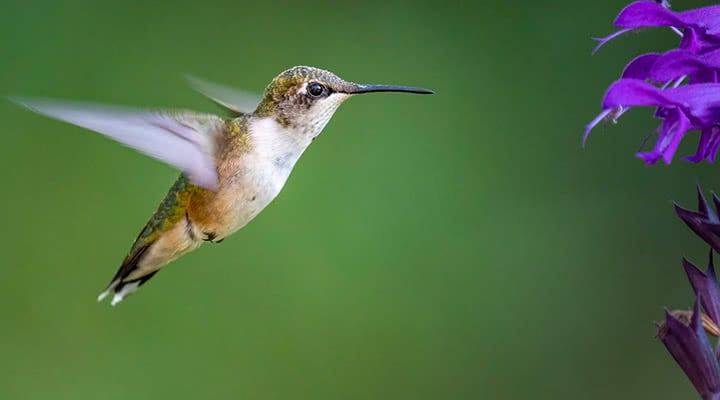
Harry Smith also will be doing an issue with Mel in honor of Phil Bromberg.
Nicole Nelson, Adrian Sanchez and Janna Sandmeyer are working on an issue titled “De-centering Psychoanalysis”. The issue will include papers from a conference Nicole and Adrian organized under the same name, featuring authors of marginalized races, genders and cultures who have traditionally been denied a voice in psychoanalysis.
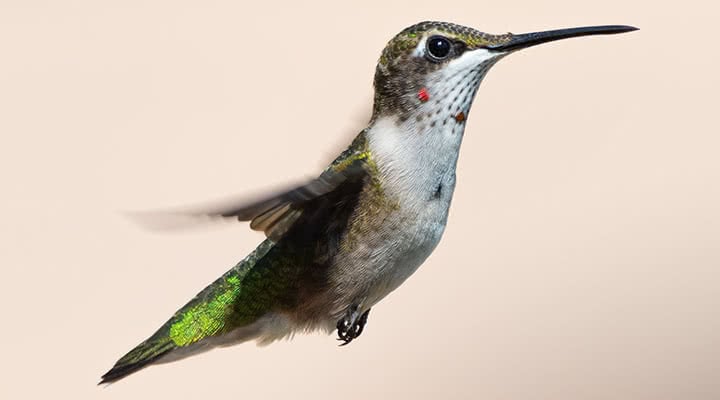
Mauricio Cortina is completing an issue devoted to rediscoverng the relevance of Erich Fromm in the 21th century.
Bradley Jones utilized the editorial board for finding authors for his issue on “Substance Use and Misuse”.
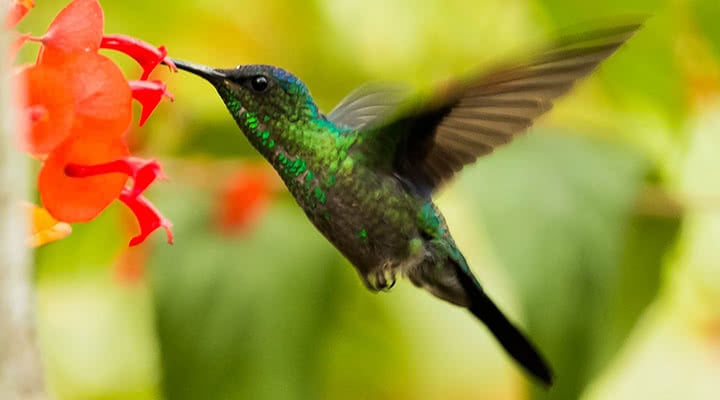
Diana Diamond, who has been working on a tribute to Sydney Blatt for a number of years, reported that she is near completion.
Adriana Couto Silva is editing an issue entitled Latinx Voices. It will contain mixed voices of Latin writers and will offer an opportunity for readers to become aquatinted with the realities of different Latin psychoanalysts and writers. We will explore different theoretical frameworks and clinical stories that go from the intimate and personal to the collective struggles, all embedded in a social-historical, cultural and racial tapestry.

Estelle Shane, together with Stacy Berlin, will edit an issue that reflects upon responses to biographical experiences of LGBTQ people. This promises to be a double issue, with 20 contributors so far.
Lina Nornandin will edit an issue devoted to Paulina Kernberg. It will contain 6 papers. Among them will be an issue dedicated to play with children and another that will be a manual for treating children.
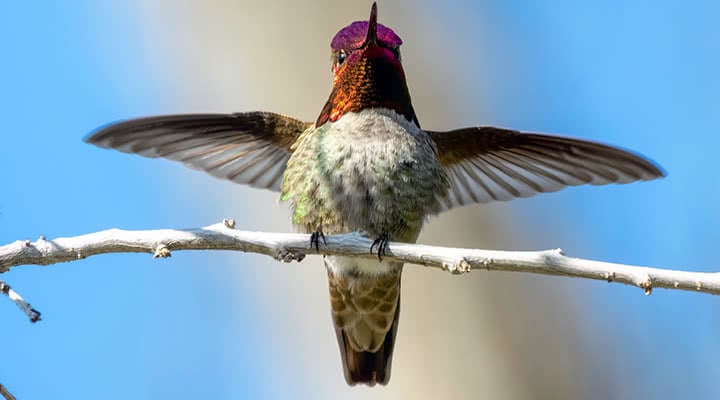
Josie Oppenheim will edit an issue about openness in psychoanalysis. This issue will memorialize Montana Katz. One paper will address the therapist’s hospitality toward the patient. Mel Bornstein will add a paper on self-analysis. Josie will discuss, “What do analysts want?” and also address the olfactory aspects of psychoanalysis and its absence as a consequence of treatment on Zoom.

Stephen Bernstein has two issues described in the previous newsletter. However, Steve did have a personal reflection about the meeting I wish to note.
Steve said that the meeting contained more than just the usual “theory and technique” that is present in most analytic meetings. He was impressed by the breadth and depth of interest in the collection of issues discussed at this meeting. He also said that he heard more creativity here than at any other journal meeting he’s attended.
Eyal Rozmarin hopes to examine psychoanalysis’ turn towards both social theory and to understanding the social as a fundamental of subjectivity. He will also be working on a second issue devoted to psychoanalysis from an Israeli and a Palestinian perspective.

Richard Waugman will edit an issue entitled Fictional Characters: Psychoanalytic and Literary Perspectives. In this issue, Richard challenges prevailing literary theories that have downplayed the status of fictional characters. Sometimes the characters are reduced to mere “words on the page,” without inner psychologies or imagined backstories. Likewise, the role of the author has also been minimized by literary theorists.
Contributors who have backgrounds as teachers of literature will include Paula Marantz Cohen, Jeanne Gheith, and Elisabeth Waugaman. Clinical psychoanalysts Christopher Miller, Fred Griffin and Richard Waugman also will contribute essays, half of which will deal with Shakespeare.
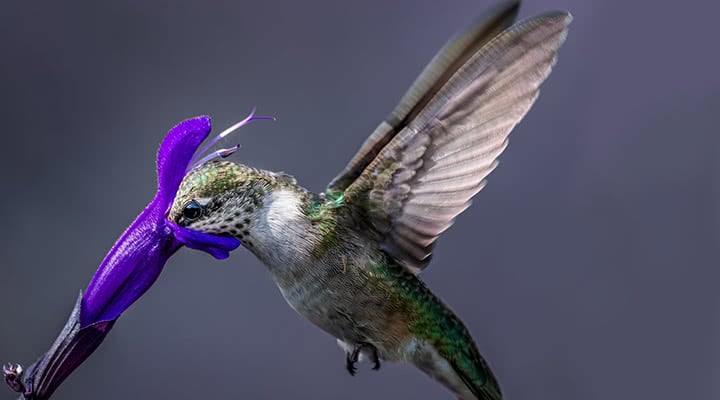
Mel Bornstein ended the meeting, echoing Steve Bernstein, by saying that he, too, was awed by the excitement present in this array of interesting issues. He happily said this was “as good as it gets.”
We close this newsletter with a final comment from our Editor and Editor-in-Chief about the new book series entitled Evolutions in Psychoanalysis.
Under the editorship of Dan Goldin and Melvin Bornstein, the Evolutions in Psychoanalysis book series will provide a shared space for writers who are eager to revisit formative psychoanalytic ideas in what often are radically new ways. The word ‘evolve’ literally means ‘to unroll,’ and the contemporary use of that term suggests that something new can be revealed via a process of incremental unravelling. This understanding exemplifies the possibility that one can take apart by creating and create by taking apart.
The volumes in this series do not represent a particular school of psychoanalytic thought, rather they comprise and encourage new voices from all schools and spaces across time and geographical location. We well know that thinkers and ideas can emerge from unforeseen places.
This series will encompass the editors’ interests in how contemporary psychoanalysis intersects with society and culture at large. Differing analyses of the micro-processes that occur in clinical encounters plus the influence of other disciplines, like philosophy and infant research, impact the field of psychoanalysis. We welcome contributions to these topics and others as well.
This series aspires to foreground voices from marginalized ethnic groups for the essential vitality and creativity they offer. We further hope to continue in the direction of redress and repair for the omissions and exclusions of the past.
